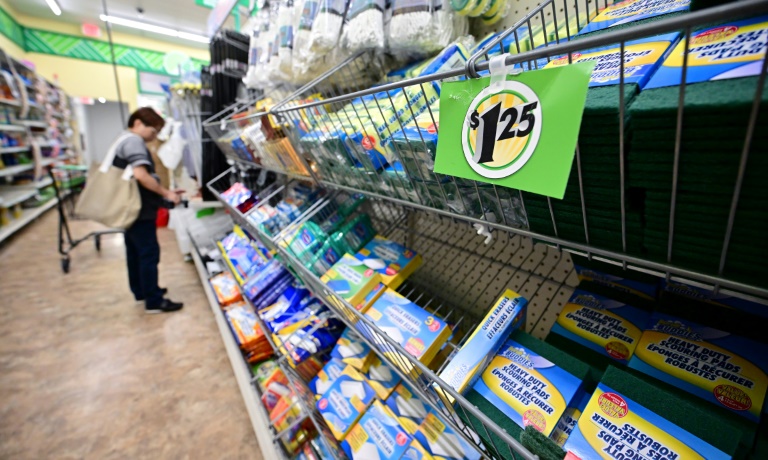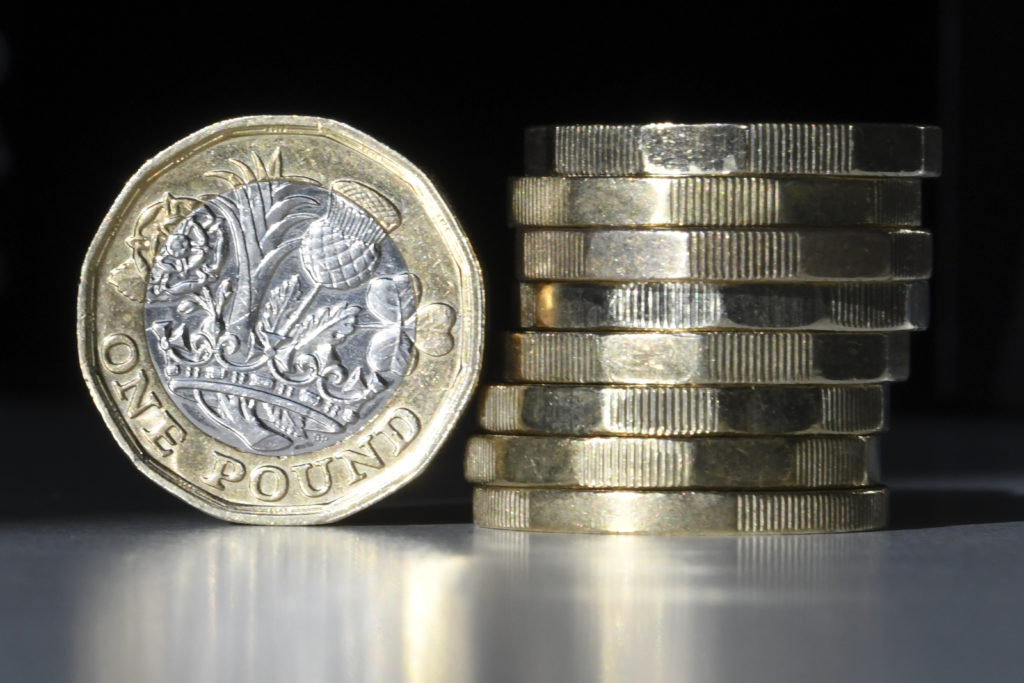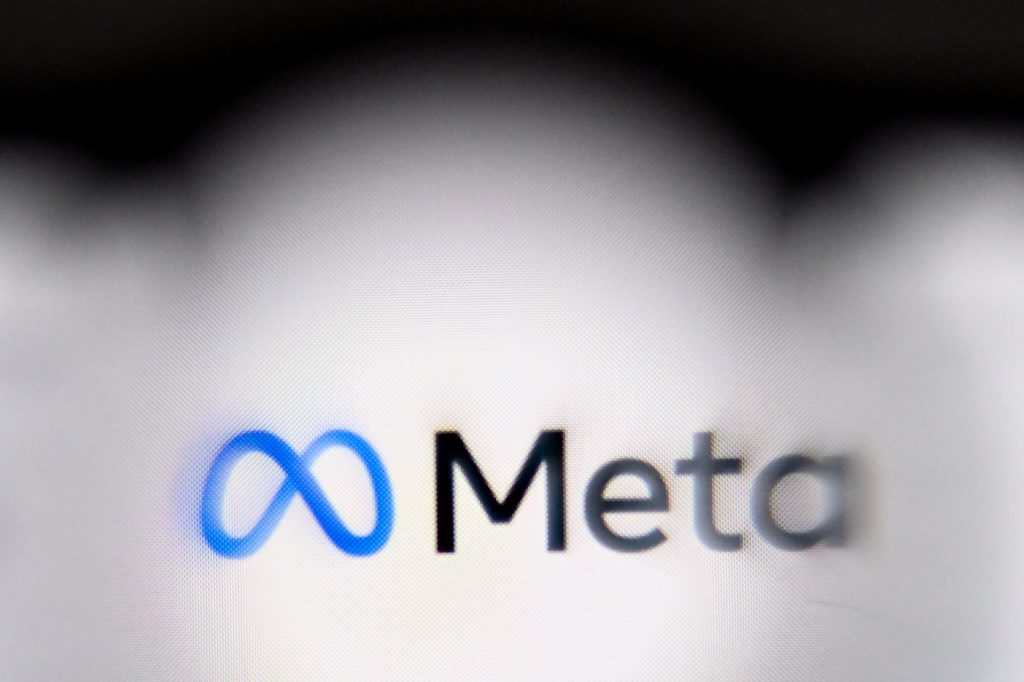US consumer prices increased more than expected last month, sending stocks slumping and the dollar soaring on expectations of further interest rate hikes
Equities fell sharply on Thursday after data showed US inflation jumped more than expected in September.
The data solidified expectations of further interest rate hikes, helping push the dollar higher, including striking its highest level against the Japanese yen since 1990.
US consumer prices rose 0.4 percent in September compared to August, twice the 0.2 percent projected by analysts even as the annual increase in the consumer price index slowed slightly to 8.2 percent from 8.3 percent.
But core inflation, excluding volatile energy and food prices, climbed to 6.6 percent from 6.3 percent in August.
The US Federal Reserve has raised interest rates at an aggressive clip of 0.75 percentage points at its last three meetings, and signalled plans to continue doing so until rampant inflation is brought under control.
That has led to a slump in stock prices in recent months, as higher interest rates will reduce consumer spending power.
Last month saw a brief rally in stocks after data suggesting that the US economy was slowing, as investors hoped that it would allow a “pivot” by the Fed to a slower rate of interest rate hikes.
“The strong CPI only reinforces the view that there is no way the Federal Reserve can contemplate a ‘pivot’ this year,” said Stephen Innes at SPI Asset Management.
Wall Street stocks plunged at the open, with the Dow falling 1.1 percent. The S&P 500 slumped 2.1 percent and the tech-heavy Nasdaq Composite 2.8 percent.
European stocks, which had drifted higher before the US inflation data, turned lower. Frankfurt shed 1.1 percent and Paris 1.6 percent.
The FTSE 100 in London was down 1.3 percent, with media speculating the government may cut back on its fiscal stimulus plans and and increase corporate taxes in its latest policy U-turn.
But the speculation sent the pound soaring 1.4 percent against the dollar. Meanwhile the UK government’s 30-year bond yield eased to 4.63 percent and the 10-year fell to 4.31 percent.
The ten-year yield on Wednesday struck 4.64 percent, the highest since the 2008 global financial crisis and higher than the level that prompted the BoE’s recent bond market intervention.
Oil prices fell after the US inflation data, which reinforced recession concerns and about sliding demand prospects.
The dollar rose as high as 147.67 yen, its highest level since 1990, as US and Japanese monetary policy increasingly diverge. The Bank of Japan has so far refused to raise interest rates, making yen investments less attractive than dollar investments.
“The Bank of Japan continues to keep monetary policy easy because inflation and wages remain relatively low” in Japan, said Carol Kong, and economist and currency strategist at Commonwealth Bank of Australia.
– Key figures around 1530 GMT –
London – FTSE 100: DOWN 1.3 percent at 6,740.61 points
Frankfurt – DAX: DOWN 1.1 percent at 12,037.08
Paris – CAC 40: DOWN 1.6 percent at 5,727.54
EURO STOXX 50: DOWN 1.9 percent at 3,269.59
New York – Dow: DOWN 1.6 percent at 28,749.43
Tokyo – Nikkei 225: DOWN 0.6 percent at 26,237.42 (close)
Hong Kong – Hang Seng Index: DOWN 1.9 percent at 16,389.11 (close)
Shanghai – Composite: DOWN 0.3 percent at 3,016.36 (close)
Pound/dollar: UP at $1.1193 from $1.1100 Wednesday
Dollar/yen: UP at 147.19 yen from 146.91 yen
Euro/dollar: DOWN at $0.9666 from $0.9703
Euro/pound: DOWN at 86.38 pence from 87.41 pence
Brent North Sea crude: DOWN 0.4 percent at $92.09 per barrel
West Texas Intermediate: DOWN 1.0 percent at $86.41 per barrel
burs-rl/bp









